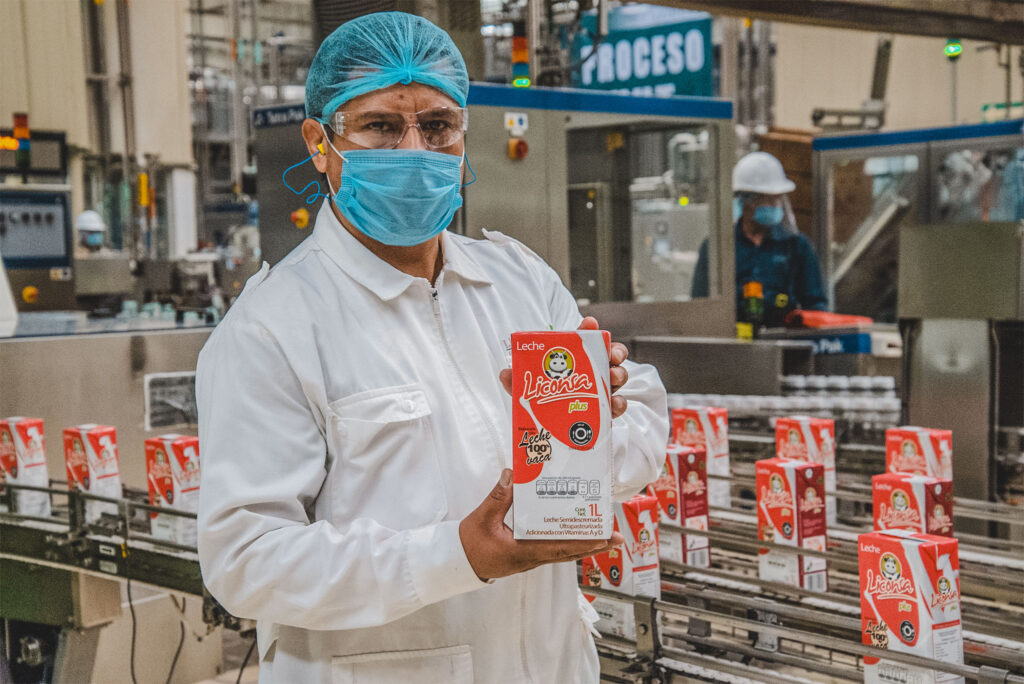This editorial by José Romero, Director of the Centro de Investigación y Docencia Económicas (CIDE), originally appeared in the August 22, 2025 edition of La Jornada, Mexico’s premier left wing daily newspaper. CIDE is a publicly-financed social sciences research center aiming to impact the country’s social, economic and political development.
The United States’ reindustrialization project, embraced as a state policy and not just as a Trumpist electoral banner, leaves Mexico out even as a strategic partner. Washington is reorganizing its supply chains autonomously, shoring up its economic security and recovering critical sectors such as semiconductors, energy, defense, pharmaceuticals, steel, and automotive. For Mexicans, the message is clear: passive integration into the North American market is no longer enough; it is urgent to rebuild our own productive apparatus.
For three decades, under NAFTA and the USMCA, Mexico established itself as an export platform to lower costs for U.S. companies. The maquiladora model, dependent on external inputs, failed to generate innovation or consolidate a national industrial fabric. Scientific research advanced, but without an industry to absorb it, it remained disconnected.
Herein lies the confusion: semiconductor, electric car, or satellite projects are now announced as if they were the beginning of a new era, when we lack the manufacturing base to sustain them. International experience is clear: industry is built first, even in traditional sectors, and from there the demand for science and technology arises. Starting with frontier industries without that platform only condemns us to dependence on foreign capital, which stifles innovation and leaves us in the role of assemblers.
Nearshoring was sold as a great opportunity. There were spectacular announcements, but most remained mere promises. Tesla announced a plant in Nuevo León, which still has no date or scale. Other automakers reduced or postponed their plans. Without a national strategy, these investments only reinforce Mexico’s position as a peripheral country. And the internal problems are evident: a lack of specialized talent, an unstable electrical system, deficient infrastructure, and a climate of insecurity that scares away capital. Added to this are external tensions: steel tariffs, disputes in the USMCA, and pressures in energy, biotechnology, and telecommunications.
Mexico’s dependence on foreign capital stifles innovation and leaves us in the role of assemblers.
The real dilemma isn’t whether to stay or leave the USMCA, but rather whether to continue relying on foreign investment or invest in building domestic investment. The USMCA agreement limits subsidies, strategic public procurement, and temporary protection—precisely the tools we need. While the logic of nearshoring reproduces dependency, Mexico requires strong development banking, the protection of emerging sectors, and value chains built with its own capital.
There are opportunities: steel, agribusiness, generic pharmaceuticals, and auto parts. Steel is the foundation of infrastructure; agribusiness ensures food and added value; generic medicines strengthen health and reduce imports; and auto parts allow for scaling up the automotive supply chain without immediately attempting to manufacture a complete electric car.

The real problem isn’t technical or external: it’s political. A coherent strategy is lacking, while a subservient opposition weakens the state and a divided ruling party postpones key decisions. Without central leadership, every effort scatters into isolated, futureless projects. The question isn’t whether Mexico will participate in the global reorganization, but how. Unconditional integration perpetuates marginalization; doing so with active policies would allow the current situation to be transformed into a lever for development.
This requires a single decision-making center with a budget, real power, and a long-term vision. Japan understood this with MITI [Ministry of International Trade and Industry, responsible for central planning] after the war: it coordinated financing, temporary protection, and innovation, aligning the state, the private sector, and academia. Mexico needs something of that magnitude, accountable only to the President and guaranteeing continuity in the face of external pressures and changes in government.
Institutional transformation must be translated into action: a 10-year industrial and technological policy, a productive sovereignty council, a public procurement program in strategic sectors, an innovation fund with public-private co-investment, and a development bank that finances key projects. Science cannot remain dispersed: it must be oriented toward strategic missions that generate employment and national value chains.
The USMCA review should be used as a political space to defend margins of sovereignty and buy time. The United States subsidizes and protects its industry under its own legal framework; Mexico cannot renounce doing the same. The treaty can serve as a transitional platform, but reindustrialization requires going beyond its limits. Ultimately, material problems are resolved with investment and planning; external pressures are negotiated.
The difficult part is the political aspect: a divided country cannot sustain a strategic direction. The unity of the State, the productive sector, and society is the indispensable condition for transforming barriers into steps toward productive sovereignty and an independent future.
Plan or Perish: Mexico Facing Global Reindustrialization
August 22, 2025August 22, 2025
Mexico must move beyond pursuing foreign investment and the USMCA, which only serves US interests: it requires a centralized body capable of planning and coordinating public investment and national development.
Sheinbaum: “No foreign government would dare violate our sovereignty.”
August 22, 2025August 22, 2025
Mexican President Sheinbaum responded to US DEA Director Terry Cole, who yesterday did not rule out bombing Mexico.
Mexican State Dairy to Expand Operations
August 22, 2025
Leche par el Bienestar guarantees Mexicans are able to exercise their constitutional right to healthy food, providing milk at between 16% to 70% the cost of private milk, while guaranteeing a fair price to dairy farmers.
The post Plan or Perish: Mexico Facing Global Reindustrialization appeared first on Mexico Solidarity Media.
From Mexico Solidarity Media via this RSS feed





